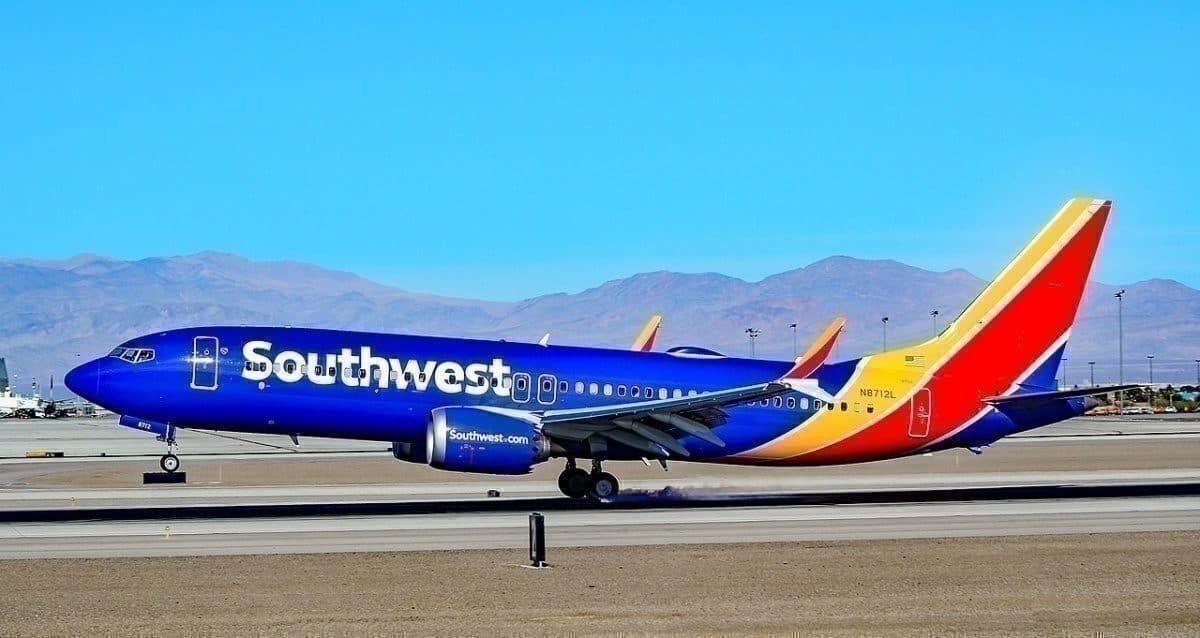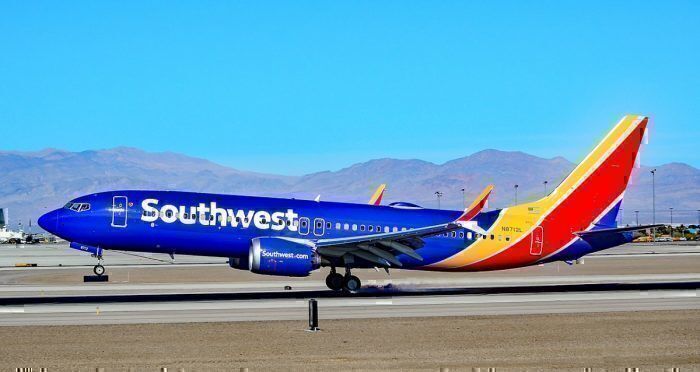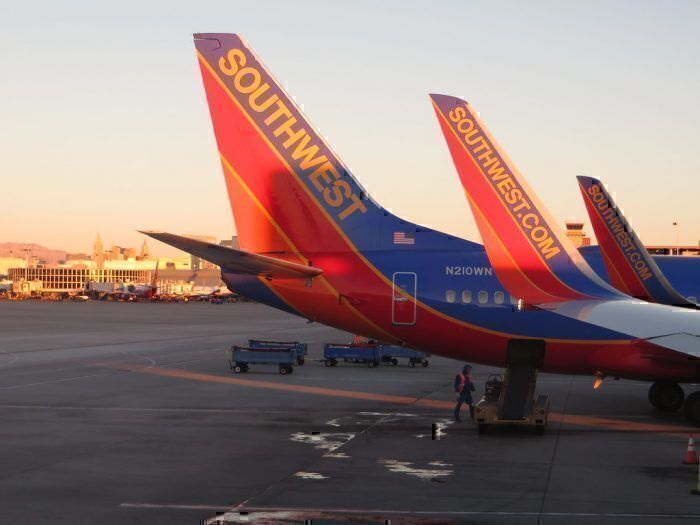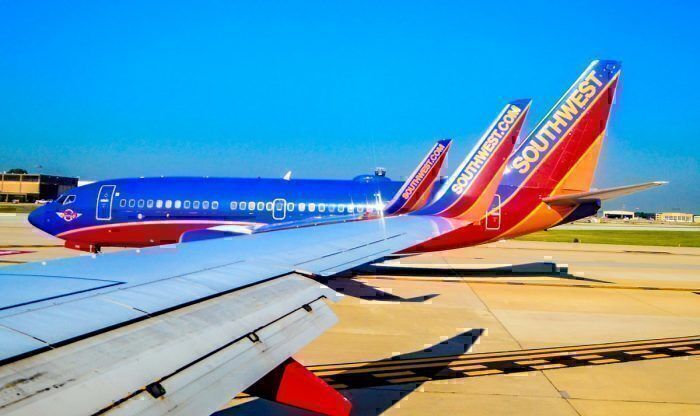The president of Southwest Airlines, Tom Nealon, has revealed that the carrier would be open to the prospect of codesharing with other airlines, according to The Blue Swan.
Codesharing under consideration
Having recently rolled out and implemented a new reservations system, Southwest Airlines is now well-placed to deliver “high frequency, high density, domestic Lower 48 network." Nealon noted that the majority of its growth is expected to occur in this area in the future.
Speaking to Business Travel News, Nealon was clear that a future codesharing agreement is something under consideration. In an interview last week, he said,
"Codeshare is certainly something we would be thinking about ... There's also opportunity for us to do near international. We're doing a lot of it now—it's about 4.5 percent of our capacity—into beach destinations and the Caribbean. With some of the things we need to do for codeshare, foreign language and foreign point of sale, that allows us to begin to serve business markets in Canada and Mexico and other Central American countries ... I don't see us flying far international. Our near international leisure is doing terrific, and I'd love us to get into near international business."
Codesharing involves airlines sharing the same flight and reference number; a practice that offers commercial benefits for carriers. Passengers can ultimately purchase a ticket for a flight that is operated by another airline under a different flight number or code.
While this can be considered a controversial practice by some, the financial realities of the airline industry mean that all major carriers now have codesharing agreements in place. Many have several such agreements.
Codesharing alliances between several airlines even exist, with the most notable probably being the so-called Star Alliance, founded by United Airlines, Lufthansa, Air Canada, SAS Group, and the Thai Airways Company.
Challenging margins
As margins in the airline industry become more challenging, so more providers are seeking codesharing agreements in order to balance their books. In recent months, Simple Flying has reported on numerous arrangements of this nature, including agreements between South African Airways and Emirates, and Air Italy and Qatar Airways.
Despite the sometimes misleading nature of codesharing agreements, there are mooted advantages of the practice as well. Codesharing can enable carriers to deliver clearer routing for customers, as well as increasing the frequency of service to a particular destination.
Conversely, there are concerns that codesharing can sometimes be less than transparent for passengers, while it can also be difficult for airlines to deliver service consistency when providing flights through codesharing agreements. This then raises the moral question of whether carriers are actually selling the service that they purport to be providing.
Aside from the codesharing issue, Southwest Airlines may also be expanding its “near international” portfolio, according to Nealon. This aspect of the Southwest operation currently comprises 4.5% of its overall capacity, but the airline is now in a position to extend this imminently.
Dropping routes
Southwest Airlines recently announced that it would be dropping seventeen routes from its network in January, as it shifts its focus to concentrate on more profitable operations. Los Angeles, Boston, Orlando, and Dallas will be particularly affected by this decision.
But the low-cost carrier has also floated the idea of flying to Europe eventually, and coupled with its plans to extend codesharing and near international flights, the airline's operation could alter significantly in the weeks and months ahead.




